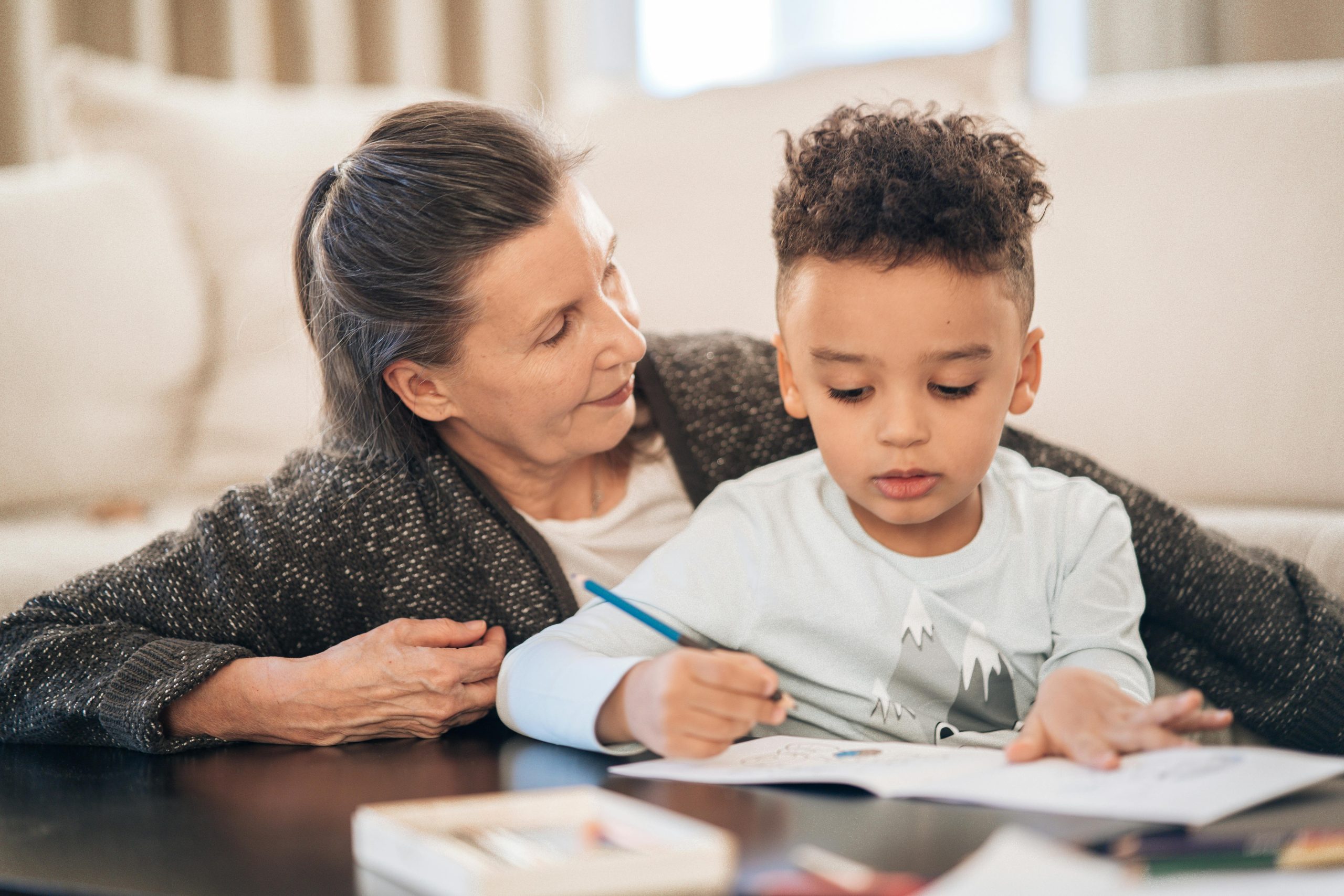Navigating Teenage Relationships and Insurance: A Parent’s Concern
As a parent, each new development in our teenager’s life often brings exciting moments, but they can also present unexpected challenges. Recently, a situation arose involving my 16-year-old son that has prompted a significant amount of reflection on the nature of responsibility, trust, and practicality in teenage relationships.
My son has been dating his girlfriend for about a year now, and their families have had minimal interaction—likely not more than five minutes in total. Out of the blue, my son claims that his girlfriend’s family is willing to add him to their auto insurance to permit him to drive one of their vehicles. While on the surface, this may seem like a generous gesture, both my wife and I are taken aback by the implications of such an arrangement.
From our perspective, this situation raises several red flags. First and foremost, the idea of a family we hardly know offering to insure our son to drive their car is quite unusual, to say the least. This leads us to question whether this arrangement fully grasps the responsibilities tied to car ownership and insurance. As parents, we prioritize safety and accountability, and it’s vital that our son understands these concepts before he even thinks about getting behind the wheel of someone else’s vehicle.
Curious to gain further insight, I decided to turn to the depths of Reddit for advice on whether this is a common practice among families. Is it typical for parents to approve such arrangements after only a brief acquaintance? Are there specific risks and considerations involved, particularly when insurance and young drivers are concerned?
In essence, this situation is a reminder to assess not only the social dynamics of our children’s relationships but also the potential implications for safety and liability. We must ensure that our son is not only aware of the risks involved but also be advocates for responsible decision-making when it comes to driving and personal accountability.
As we navigate this dilemma, open communication with our son remains crucial. We encourage dialogue about responsibility, the value of independence, and what it truly means to drive appreciatively in environments we’re unfamiliar with. After all, these formative experiences can provide important lessons for our teenagers, setting the foundation for their future journey as responsible adults.
What are your thoughts on the situation? Have you encountered similar instances? Share your experiences and insights in the comments below!



